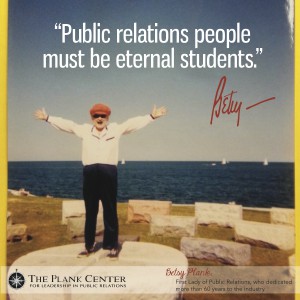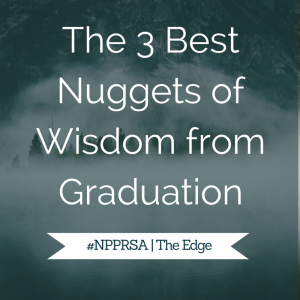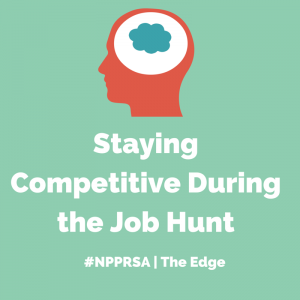 The namesake of The Plank Center for Leadership in Public Relations, Betsy Plank, commonly referred to as the First Lady of Public Relations, dedicated more than 60 years to the industry. As a distinguished leader in PR, Betsy was an advocate for its education and young professionals. Betsy believed, “Public relations people must be eternal students.” She recognized the importance of leadership and mentorship, and envisioned creating an avenue in which PR students, educators and professionals had resources to continue leading and mentoring throughout their careers.
The namesake of The Plank Center for Leadership in Public Relations, Betsy Plank, commonly referred to as the First Lady of Public Relations, dedicated more than 60 years to the industry. As a distinguished leader in PR, Betsy was an advocate for its education and young professionals. Betsy believed, “Public relations people must be eternal students.” She recognized the importance of leadership and mentorship, and envisioned creating an avenue in which PR students, educators and professionals had resources to continue leading and mentoring throughout their careers.
In 2005, The Plank Center was founded at her alma mater, The University of Alabama. Established to help develop and recognize outstanding diverse public relations leaders, role models and mentors, The Plank Center continues to implement Betsy’s ideals to advance ethical public relations in an evolving, global society.
As new public relations professionals, are you recognizing the importance of leadership and mentorship? Betsy believed in the power of leadership and mentorship and you should, too.
Learn to Lead
You may be thinking that you cannot be a leader, because you’re beginning your career in public relations. Guess again. Leaders are needed in our industry at all levels, not just at the top. The Center debuted its first leadership report card, which revealed a “Grand-Canyon-sized gap between leaders’ evaluations of their own performance and those of their employees.” As new PR pros, learning to be an effective leader early in your career can help close this gap.
It’s been said, “Those who become involved with the Center will truly become better leaders.” From interviews with PR legends, material from the best experts in the industry to the latest research, the Center has value for everyone. Here you will find inspiration from the legends such as Betsy Plank, Harold Burson, Ofield Dukes and many more. Their paths to success remind us to keep learning, dreaming and, of course, leading.
Learn to Mentor
Some may say the Center introduced them to the true definition of leadership in public relations. Others, such as Brian Price, assistant account executive for Edelman, mention how the Center has expanded their network and motivated them to continuously find mentorship, and also seek out ways to be a mentor.
Betsy had many quotes, but one in particular truly sums up what mentorship means to our profession, “Mentoring is one of the strongest ways to spell success in public relations.”
And remember, you don’t have to always have an answer to your mentee’s questions. Sometimes, it’s best to be a sounding board and ask thought-provoking questions. At the end of the day, take Betsy’s advice, “You’re never too young—or too old—to mentor others.”
Pay It Forward
Wendi Strong, executive vice president of corporate communications with USAA, said, “No matter how experienced or knowledgeable one is, if you can’t leverage your skills to motivate, inspire and lead others to be superior practitioners then you haven’t fulfilled your duty to our profession.”
Leadership and mentorship go hand-in-hand. Don’t think of it as a challenge, but rather an opportunity to grow professionally and personally. How many times do we talk to someone about our experiences and offer advice to those who are seeking answers? Experience equals knowledge. Whether you see it or you don’t, you’re already incorporating leadership and mentorship into your life by sharing your experiences and advice with others.
We were taught to be strategic, ethical communicators, and it’s our time to start leading and mentoring the future of our profession. It’s important to note that you are making an impact. While it’s not going to happen overnight, sharing your knowledge with others will lead to our industry’s advancement.
The Center, with the help of its board of advisors, has carved out a direction that makes it of “distinctive value to anyone wishing to learn more—or be more—in public relations.” The value of leading, mentoring and paying it forward is there, not only for new professionals, but students, educators and practitioners. Why not start your leadership and mentorship journey today?
Jessika White graduated from The University of Alabama with a master’s degree in sports management as well as a bachelor’s degree in telecommunication and film. She is the communications specialist for The Plank Center for Leadership in Public Relations. Find her on Twitter or LinkedIn and follow The Plank Center on Twitter, Facebook, Instagram and LinkedIn.








